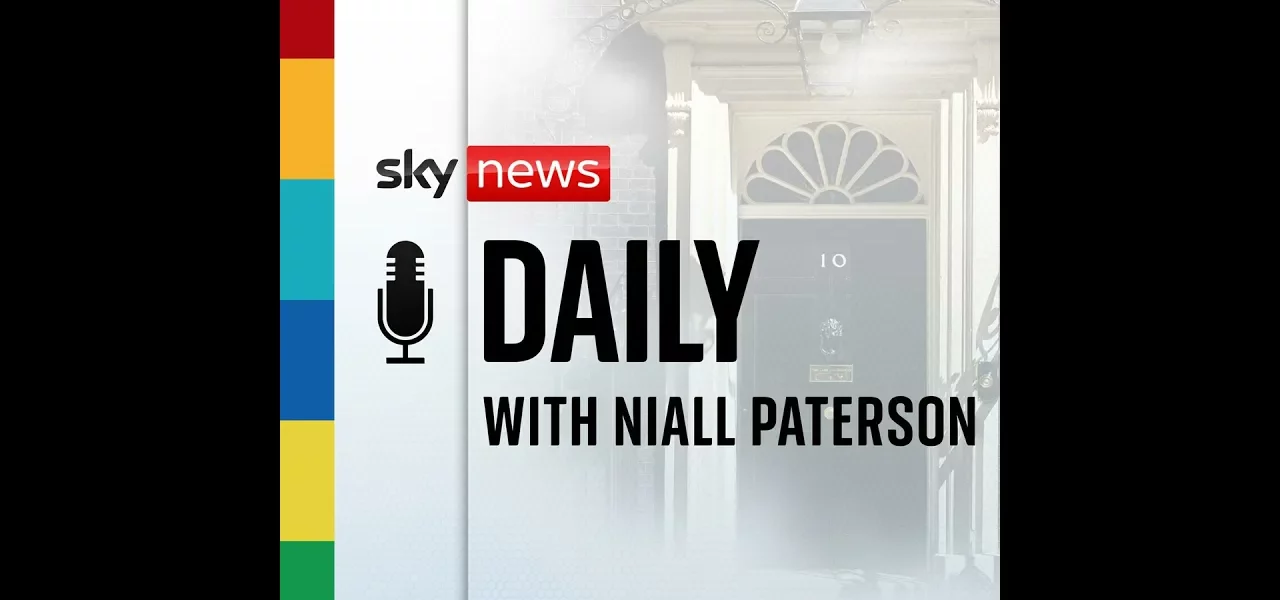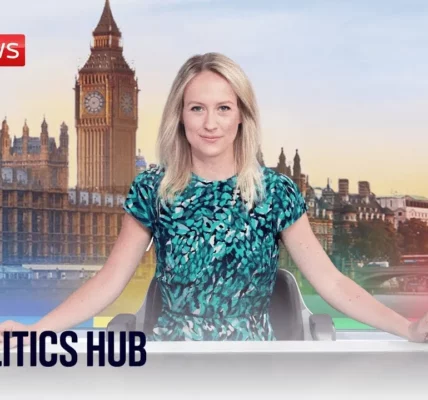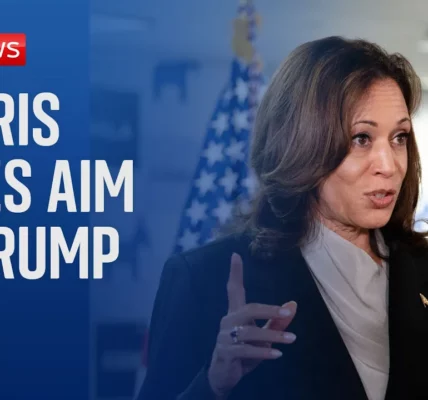Political Landscape and Polling Trends in the UK

Welcome to our comprehensive analysis of the current political landscape in the UK as we approach a significant election. With recent polling data showing a commanding lead for the Labour Party and substantial shifts in voter sentiment, we delve into the implications for all major parties, particularly the SNP and the Conservatives.
Introduction
The political scene in the UK is undergoing a notable transformation, with polling data indicating a potential shift in power dynamics. As we head towards the upcoming elections, the Labour Party appears to be gaining significant ground, while the Conservative Party faces unprecedented challenges. This article explores the recent polling trends, the implications for various political parties, and the expected outcomes as articulated in their manifestos.
Recent Polling Data Overview
Recent data from YouGov has revealed a remarkable lead for the Labour Party, suggesting they are on course for a majority of 200 seats—a historical achievement that could redefine British politics.
Key Polling Highlights
- Labour Projected Seats: 425
- Conservative Projected Seats: 108
- Liberal Democrats Projected Seats: 67
- SNP Projected Seats: 20
This polling data indicates a drastic reduction in Conservative seats compared to the 365 won in 2019, reflecting a significant decline in voter support. The implications of such a loss could reshape the political fabric of the UK, especially if Labour can effectively capitalize on this momentum.
Implications for Major Parties
The upcoming election poses critical questions not just for the leading parties but also for smaller parties vying for a substantial presence in Parliament.
Labour Party’s Position
Labour’s commanding lead in the polls presents an opportunity for the party to solidify its power. Key factors contributing to this surge include:
- Effective messaging appealing to disillusioned Tory voters.
- Strategic targeting of seats previously held by Conservatives.
- Increased visibility and support for key Labour policies.
Conservative Party’s Challenges
The Conservative Party, led by Rishi Sunak, faces a dire situation, as evidenced by dissatisfaction among its voter base. Key points include:
- Declining voter confidence and consistent polling losses.
- Struggles in addressing economic issues such as inflation and interest rates.
- Internal party divisions and challenges in campaign strategy.
The SNP’s Manifesto Launch
As the Scottish National Party (SNP) prepares for its manifesto launch, the political landscape in Scotland presents unique challenges. John Swinney’s leadership during this turbulent period for the SNP has raised questions about the party’s future direction.
Key Themes in the SNP Manifesto
The manifesto emphasizes independence as a core issue, despite recent polling suggesting a decline in support for this agenda. Key proposals include:
- Increased investment in the NHS.
- Opposition to austerity measures proposed by Labour and Conservatives.
- Commitment to social policies aiding low-income individuals.
Challenges Ahead for the SNP
Despite their focus on independence, many voters in Scotland are prioritizing immediate concerns like the economy and public services. This shift could undermine the SNP’s traditional voter base and calls into question their viability as a pro-independence party.
Conclusion
The current polling data and political dynamics suggest a pivotal moment for UK politics. The Labour Party’s significant lead poses serious challenges for both the Conservatives and the SNP, while smaller parties may find new opportunities in this shifting landscape. As we approach the elections, it remains crucial to monitor these developments closely.
Stay tuned for further updates and analyses as the political scene continues to evolve. Your engagement is vital—share your thoughts and predictions in the comments below!
“`




